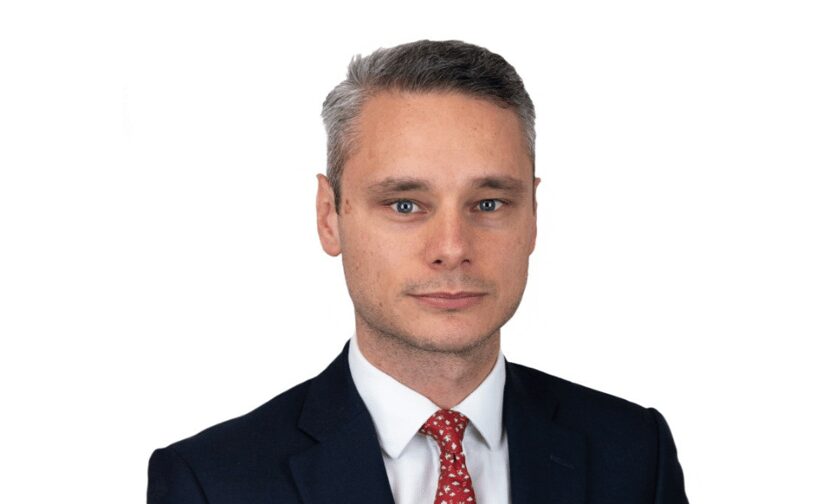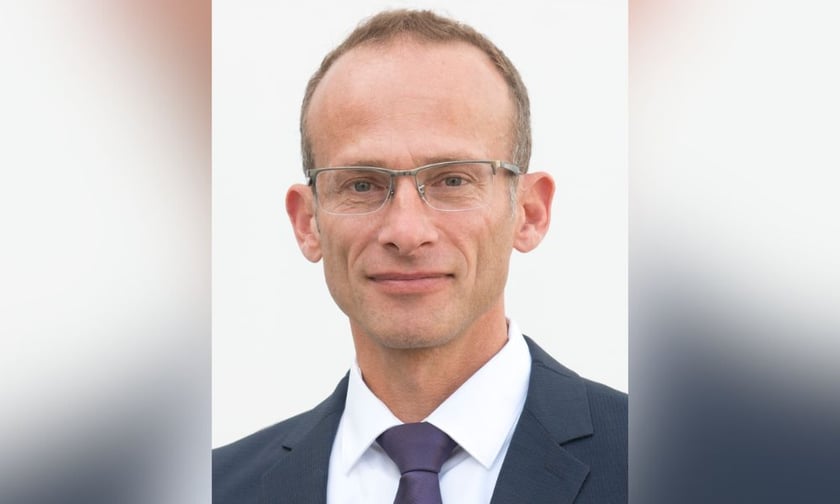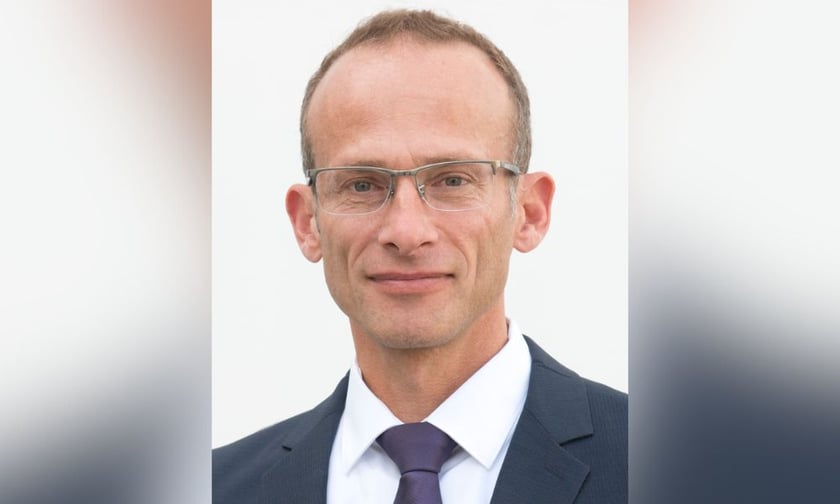
Deal will reinsure the extended tail of firm’s core risk carrier in Germany

Legacy acquisition group DARAG Insurance Guernsey Limited (DIGL) has entered into a sale and purchase agreement (SPA) to acquire a re/insurance captive based in the Cayman Islands. The agreement is contingent on approval from the Cayman Islands Monetary Authority.
DIGL, part of DARAG Group, plans to integrate the newly acquired captive into its operations and subsequently reinsure the extended tail of the portfolio through DARAG Deutschland AG, its core risk carrier in Germany.
The unnamed Cayman Islands-based captive was previously owned by a large multinational corporation and includes significant UK employers’ liability exposure. DARAG noted that this acquisition marks one of the group’s larger transactions within the captive insurance realm.
Tom Booth, CEO of DARAG, commented on the deal and the opportunity it will present for the legacy group in the future.
“This transaction is further evidence of DARAG’s dominance in the captive legacy space as well as its continued interest in acquiring and managing UK EL exposure. The group is confident, given the advanced nature of a number of other attractive opportunities in its core European market, that 2024 will deliver excellent growth,” Booth said.
“We look to the future with increasing confidence as demand for our legacy solutions is plentiful, investment yields and capital efficiency continue at attractive levels and competition at the small to mid-sized end of the legacy market reduces,” he said. “DARAG’s focused and well capitalized business, helped by its newly simplified structure is particularly well placed to take advantage of these much improved market conditions.”
DARAG is an international insurance and reinsurance group specializing in the assumption of discontinued business and providing capital and operational relief solutions. Since its inception, the group has successfully executed 67 run-off transactions across 21 countries, totaling a value in excess of €1.7 billion.
What are your thoughts on this story? Please feel free to share your comments below.
Keep up with the latest news and events
Join our mailing list, it’s free!

This page requires JavaScript


















